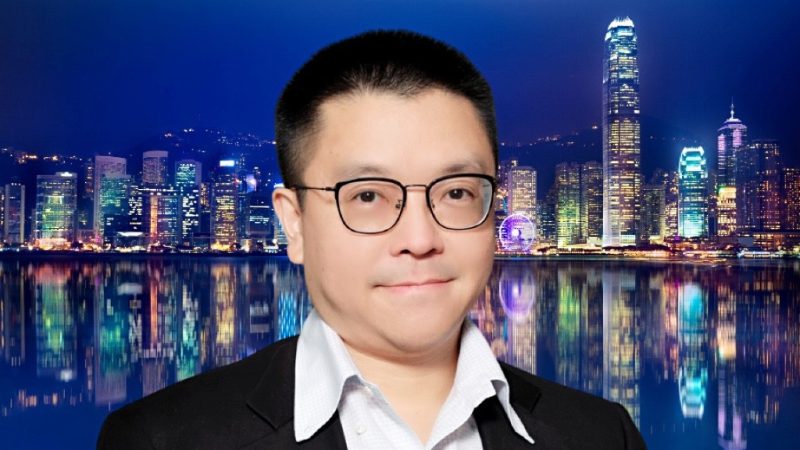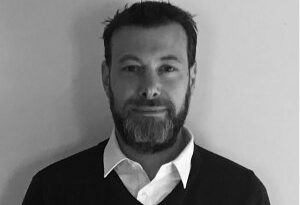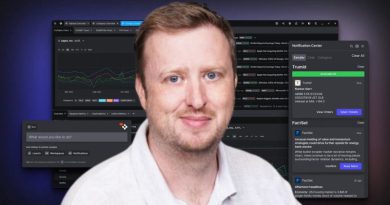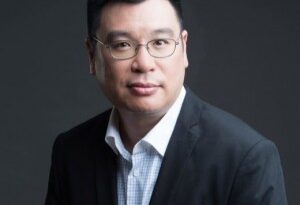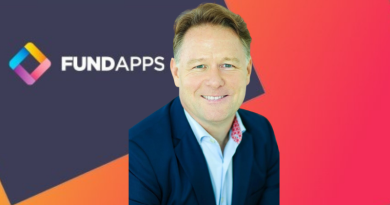Shun Hong Liu: “The toughest part has to be fundraising”
Hong Kong-based Shun Hong Liu, CIO of the HCM Rapier Fund, a discretionary macro strategy, talks with Hedge Funds Club’s Stefan Nilsson about his investment strategy, career, the transition from trader to running his own hedge fund, business challenges, the role of education and much more.
Shun Hong Liu is CIO of the HCM Rapier Fund and founder of Hong Investment Advisors in Hong Kong. Previously, he was CIO, Macro at PMA Investment Advisors and, before that, a Senior Trader at HSBC.
Following graduation from HKUST in 1997, you kicked off your career as a trader at HSBC for nearly nine years. What were the early lessons you learnt as a young trader that you still follow today?
It has been my dream to be a hedge fund manager and that was why I had been looking for a trader job when I graduated. I joined HSBC on 1st July 1997, right at the start of the Asian financial crisis, which was a fascinating time for a trader. I still clearly remember how Asian currencies fell one after another and the ripple effects of the LTCM blowup. It was an invaluable experience to actually witness these events unfold. Many other crises happened in 1997-2003 and these were the best real-life lessons for many traders of our age.
In 2006, you joined PMA and managed the PMA Harvester Fund. What was the hardest thing for you when you transitioned from being a trader at a financial institution to becoming a PM at a hedge fund?
The transition was relatively easy as I had never been a sell-side or flow trader. Many bank traders, even those in proprietary trading teams, rely on the flows of clients, but I did not depend on it. After my boss left the firm, I took over the role as the CIO, Macro in 2007 at the age of 32, so I believe that it was quite a seamless transition.
What made you decide to launch your own firm, Hong Investment Advisors, in 2012?
In 2010 and 2011, there were a lot of departures from PMA after it was rebranded to Sparx Asia. With the departure of the previous management team and the CIOs of the other two strategies, I felt that it was time for me to launch my own firm.
Now that you have run your own shop for over a decade, what have been the biggest challenges in building your business?
The toughest part has to be fundraising. At PMA, we raised a lot of assets with the help of the business development team. I believe that I had good relationships with my clients and many of them are still my good personal friends now. However, the investors were predominantly funds of funds, which struggled after 2011. Looking back, it was unfortunate timing to start my firm. Even though my strategy should be very scalable, it fell short of reaching the crucial threshold to attract big institutional investors. My way of living does not help as I spend most of the day on weekdays watching the market in front of the screen.
You now manage the HCM Rapier strategy. Can you tell us about the strategy, how it has evolved from what you did at PMA and why it is different from other macro funds?
The strategy is actually very similar to my PMA days. It is still a discretionary macro strategy with a focus on Asian FX and rates. We can now trade equity index and VIX futures but our bread and butter are still FX and rates trading. However, few discretionary macro funds offer the transparency that we have consistently provided for the last 15 years. We virtually explain to our investors what happens and what we expect every month.
You have a finance degree as well as a CFA and you are a Certified Financial Risk Manager. Is it important for traders and portfolio managers to have a solid educational background or is it more about being smart, able and learning on the job?
I guess that it is essential. As I had been dreaming to become a hedge fund manager when I was a university student, I was eager to learn as much as I could and to show it to my prospective employers. That was why I went through this path. Many people may not rate these qualifications, but I believe that they show one’s dedication and basic intellectual abilities when they are put on the résumé. On the other hand, traders and portfolio managers need to make a profit within the confines of risk limits. Strong intellectual abilities are essential but so are attitude and discipline.

